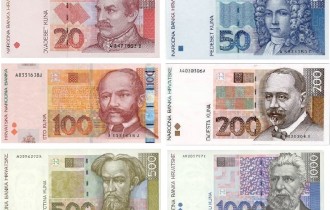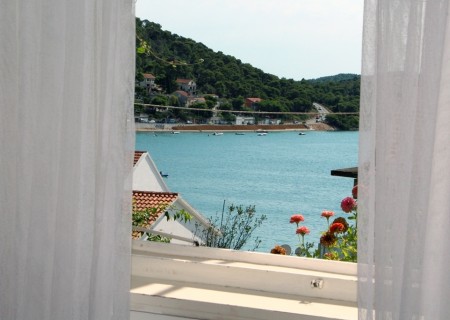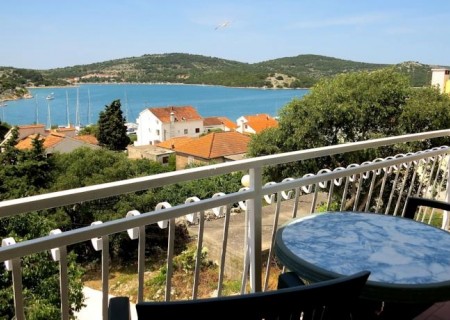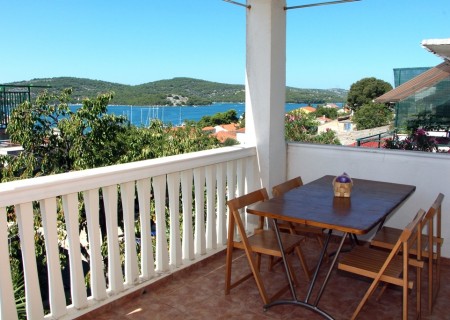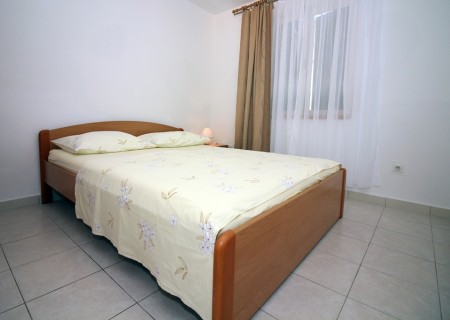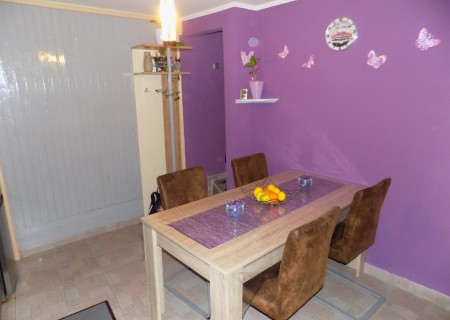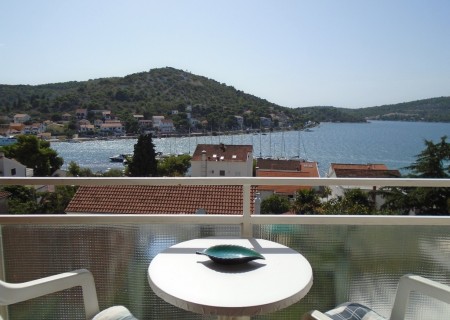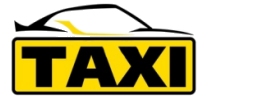Money in Croatia
This section provides visitors with information on money in Croatia – namely, details about the Croatian currency, the Kuna, and how to obtain it both prior and during to your visit to Croatia.This section provides visitors with information on money in Croatia – namely, details about the Croatian currency, the Kuna, and how to obtain it both prior and during to your visit to Croatia.
Money in Croatia – The Croatian Kuna
The Croatian currency is the Kuna (not the Euro!), which is divided into 100 lipas. (The word ‘Kuna’ means marten, a weasel-like animal, whose fur Croats used as payment many centuries ago. The word ‘lipa’ means lime tree, but we don’t know the connection here!) When listed as a price, Kuna is abbreviated to Kn.
The Kuna comes in dominations of 5, 10, 20, 50, 100, 200, 500 and 1,000 as notes and 1, 2, 5 and 25 (25 Kn being largely commemorative) as coins. The Lipa comes in coins of 1, 2, 5, 10, 20 and 50. In Croatian, the plural of Kuna is Kune (pronounced ‘koo-neh’), although it is fine to pluralise it – as many outside of the country do – to Kunas.
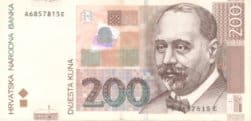
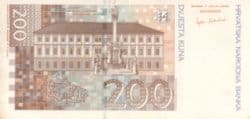
The 200 Kuna note. The front features Stjepan Radic, a Croatian politician and founder of the Peasant Party in the early 20th century. The back shows Osijek’s headquarters, a building which dates from 1726
In the opinion of many, the Kuna is overvalued but is nevertheless a stable currency. The current exchange rate between the Kuna and various world currencies can be found at the Croatian National Bank website.
Obtaining Kunas prior to your visit to Croatia
In the UK, it is possible to obtain Kunas prior to your trip to Croatia at some foreign exchange stores. The easiest way might be to purchase your money online, as once you order the amount you want the money can either be posted to you (for a charge) or it can be picked up at an airport prior to your departure.
Travelex, for example, now offer home delivery for foreign currency purchases.They also allow you to pick up your purchased currency at various Heathrow and Gatwick terminals. Travelex charge 0% commission – click on the banner for more details.
It is also possible to purchase a Travelex Money Card onto which you can load a certain amount of money. This can be used in shops (where Mastercard is accepted) or to withdraw money from ATMs
Do also check with your own bank to see if you can order Kunas online with them.
Money in Croatia – ATMs
Alternatively, you may not see the need to purchase Croatian Kunas prior to your trip – which is perfectly understandable. In this case, our first piece of advice would be to take a bank card/cash card instead – this avoids the need to travel with large-ish amounts of cash, and ATMs are readily available in all resorts, towns and cities in Croatia, in banks, supermarkets, airports and elsewhere.
As a foreign card is inserted into the machine, you will most likely be presented you with a choice of languages – no need to navigate through Croatian-language menus. The exchange rate you’ll receive will be fairly good, and there may only be a small service charge, which depends on your bank back home – you may want to check before travelling. Local banks may also charge an operating fee on top of this.
If you travel abroad a fair bit, you may like to see if you can find a bank in your home country that will provide you with a debit card that doesn’t incur charges (or incurs only very low charges) when used aboard.
Are Euros accepted in Croatia?
You will find that you can pay for some items – private accommodation, taxis, some small restaurants – in Euros. Do note that this is entirely on an unofficial basis; the Euro is NOT an official currency and NO business/individual is required to accept them as payment. (It is just the case that some businesses, particularly small/family-run ones are happy to receive Euros – this probably harks back to the days of Yugoslavia when people were happier “holding” Deutschmarks rather than the unstable Yugoslav Dinar.)
So why are some prices in Croatia quoted in Euros?
You may well find that prices in some accommodation places, restaurants and elsewhere quoted in Euros. This is purely because so many visitors to Croatia are from Euro-using countries, and some business owners display Euro prices to make it easier for them. Likewise, whatever your currency, you may have a rough idea of what its exchange rate against the Euro is – but you’re unlikely to know what the exchange rate against the Kuna is!
When will Croatia join the Euro?
Although Croatia did join the EU on 1st July 2013, joining the Eurozone is still some way off. Latest news reports say that the country may join in 2022.
Currencies to take with you and changing money in Croatia
Taking your ‘home’ currency (Euros, UK Pounds or U.S. Dollars) to Croatia and changing it there will not result in any problems – all are easy to exchange for Kunas in the country, although other currencies can of course be changed too.
If your home currency is something other than these three, and you’d like to play it safe, the best currency to take to Croatia is Euros.
Hotel exchange rates are usually quite poor, so try to avoid changing your money at your hotel. You’ll probably be better off changing your money in a bank or in one of numerous Bureaux de Change dotted around towns.
source: https://www.visit-croatia.co.uk
Travelex, for example, now offer home delivery for foreign currency purchases.



